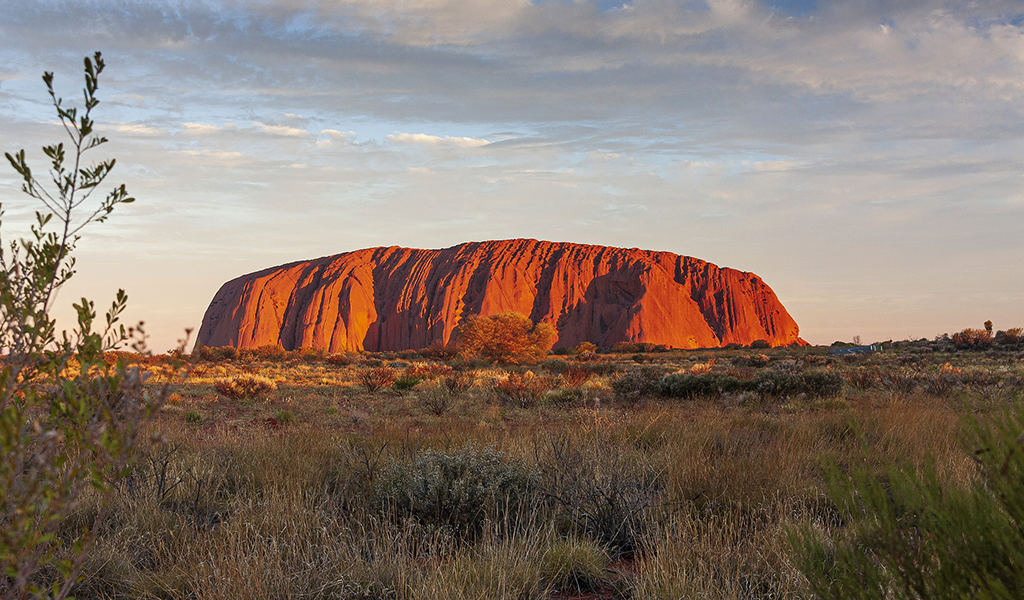
When the ordained ministry of Julian Tenison Woods began in Penola in 1855 he soon saw the conditions under which the local Aboriginal people lived. What he observed raised concerns that remained with him for the rest of his life. Several times, on his various journeys, he wrote about the Aboriginal people he encountered.
Julian was a man of his time and in his writing are found words and descriptions that would be expressed very differently today. His purpose though was always to point out the injustices done to Aboriginal people and to criticise colonial policies of the time. Many of his observations remain relevant today. In his local area he criticised the care given to Aboriginal people and the way rations were distributed.
While in Victoria in the 1860s Julian was part of an excursion into the Great Dividing Ranges around Healesville during which the party visited the Aboriginal Reserve at Coranderrk. Julian later wrote:
“What a shame it is. The colony is reckless in its expenditure on far less urgent objects. And yet it is such a common thing to find politicians shaking their head and saying so wisely that it seems destined for the black races to fade away before the white. Fade away, indeed. You stop a white man’s wages and give him nothing to eat, and see if he won’t fade away.” (The Australasian, 2 November 1867, p 8)
In an essay written in North Queensland in 1880, Julian writes about how he came across Aboriginal children who had been “found” by settlers after a raid in the bush. He believed their parents had been killed. Their white owners complained of the children’s sulkiness:
“It is hardly fair to call this sulking. Let any white child be stolen from its parents … and its conduct would be the same. I should say also that it was a consequence of grief and terror combined. It is no small misfortune to a little child, black or white, to be suddenly torn from its home and from all that it loves, by those who may be ghosts or wild beasts for all it knows.” (Sydney Mail, 17 July 1880, p 102)
Later in the same essay he reflects:
“Some will say that we ought not to have come to a country which was not ours, and molest the peaceful inhabitants and rightful owners. This, however, is such a large question that I cannot profess to deal with it, but for the sake of consistency it would come better from those who had stopped away on that ground, and not from those who are here.” (Sydney Mail, 17 July 1880, p 102)
He writes again of these people later in 1880:
“Some adequate provision should be made for the natives, that is to say, which would put them out of reach of hunger. It is objected that the expense of this would be too great, but we are bound by every interest of justice and humanity to make even great sacrifices for the purpose. We have no right to leave these people to starvation and death, when we have taken their country. If ten times the amount be spent … it would be no more than simple justice.” (The Sydney Morning Herald, 30 October 1880, p 7)
At the end of his essay he concludes:
“It is the misfortune of the British colonist to be always unsuccessful in dealing with the aboriginal population. Wherever the English have gone, the native races have disappeared. It is hard to have to read these things of ourselves, but harder things will yet be said of us. What has been written will at least serve to show hereafter that the responsibility was felt by some.” (The Sydney Morning Herald, 30 October 1880, p 7)
While Julian was a man of his time and shared many of the concepts regarding Aboriginal people held by his contemporaries, he consistently displayed a concern for their welfare and saw the injustices they suffered. It is to the shame of later generations that many of these injustices continue.
In 1990 a collection of his writings was given to noted anthropologist Deborah Bird Rose, and she was asked where Julian landed on the spectrum of opinion regarding Aboriginal people. Her response was, most definitely on the positive end.
Laraine Crowe rsj
